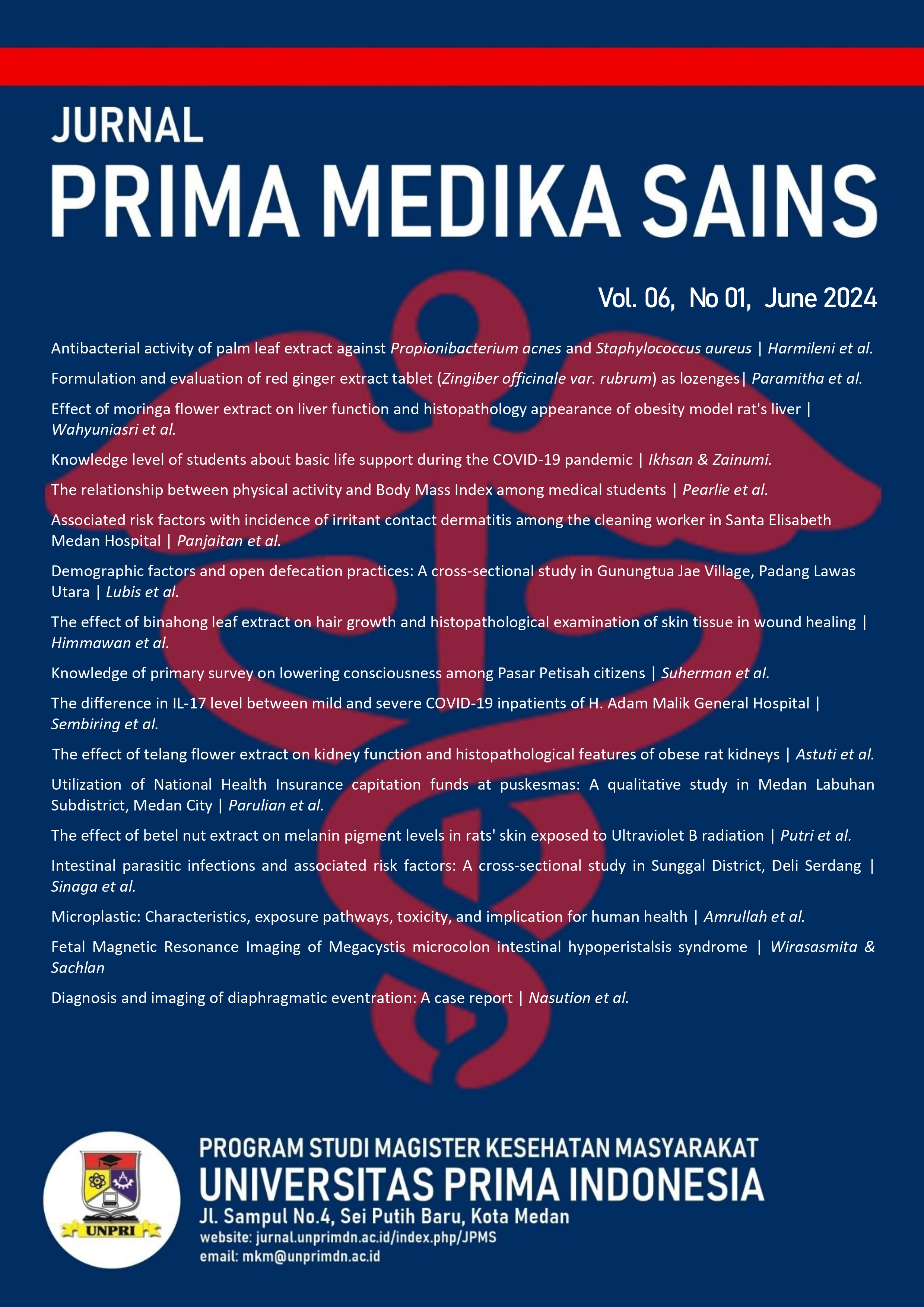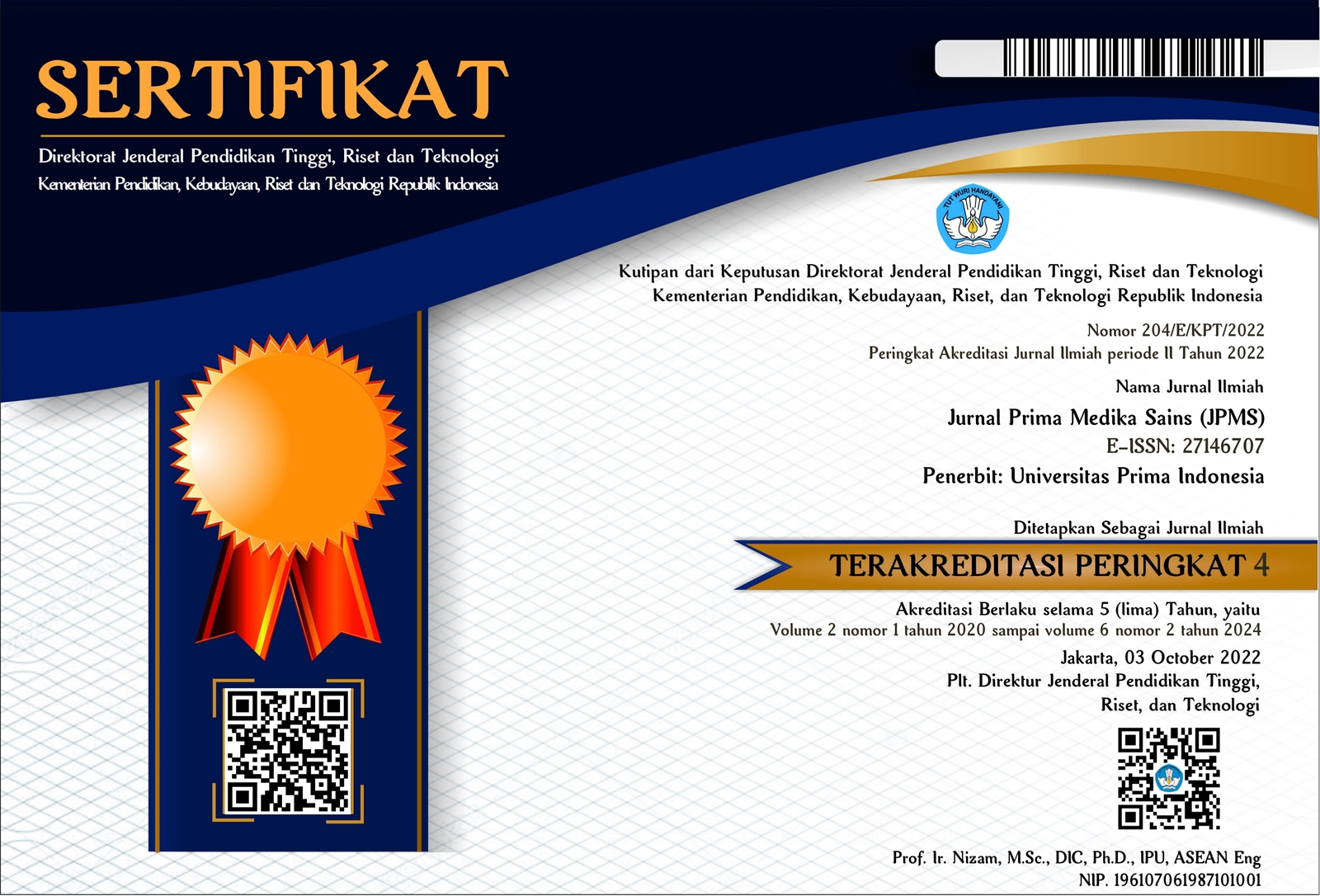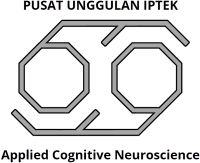Knowledge level of students about basic life support during the COVID-19 pandemic
DOI:
https://doi.org/10.34012/jpms.v6i1.5015Keywords:
basic life support, covid-19, medical students, level of knowledge, pandemicAbstract
Basic Life Support (BLS) is a vital competency that should be possessed by everyone, especially medical students. However, the COVID-19 pandemic has made the practice of BLS more complex due to close contact, which puts helpers at risk of contracting the virus. This study aims to assess the level of knowledge of students regarding BLS during the pandemic. This research is a quantitative, descriptive study with a survey design that utilizes an online questionnaire with a sample of students from the Faculty of Medicine, Universitas Sumatera Utara, class of 2019. The results of this study show that the level of knowledge of students about BLS during the pandemic is sufficient. Among the female respondents, 22 had good knowledge (14.7%), 53 had sufficient knowledge (35.3%), and 15 had less knowledge (10%). Among the male respondents, 4 had good knowledge (2.7%), 35 had sufficient knowledge (23.3%), and 21 had less knowledge (14%). Of the respondents who had a history of participating in BLS training, 12 had good knowledge (8%), 36 had sufficient knowledge (24%), and 5 had poor knowledge (3.3%). For those without a history of BLS training, 14 had good knowledge (9.3%), 52 had sufficient knowledge (34.7%), and 31 had poor knowledge (20.7%). Even though the pandemic makes BLS practice more complex, the results show that students have sufficient knowledge about BLS during the pandemic. This knowledge was better among students who had previously participated in BLS training.
Downloads
Published
How to Cite
Issue
Section
License
Copyright (c) 2024 Ahmad Avicenna Ash-Shiddiq Ikhsan, Cut Meliza Zainumi

This work is licensed under a Creative Commons Attribution 4.0 International License.






